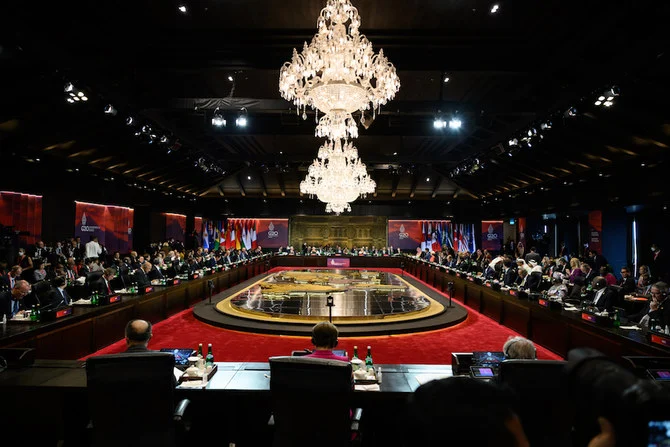As the Group of 20 summit negotiations get underway, concerns about high inflation, food insecurity, and a potential global recession are prominent.
At a time of intense geopolitical unrest, when the world economy is lurching toward recession due to soaring inflation, a growing food shortage, and the simultaneous risks of an oil shock and a financial crisis, world leaders met on October 15.
President Biden is advocating for a vigorous and well-coordinated response to these challenges together with his counterparts in many of the Group of 20 countries, which include developed nations like Britain and Japan and developing markets like India and Brazil. They want to facilitate deals that will lower oil prices globally, aid developing nations in escaping crippling debt, and enhance food supply to underdeveloped countries where the price of grains, rice, and other basic foodstuffs has increased as a result of Russia’s invasion of Ukraine.
The two nations, Russia and China, who will likely be the focus of Mr. Biden’s attention at the summit and who can probably do the most right now to improve the global economic outlook, have, however, reacted strongly against the administration’s efforts.
The majority of the global economic unrest has been caused by Russia’s war in Ukraine, and the world leaders called for an end to the conflict to stop global recession.
















